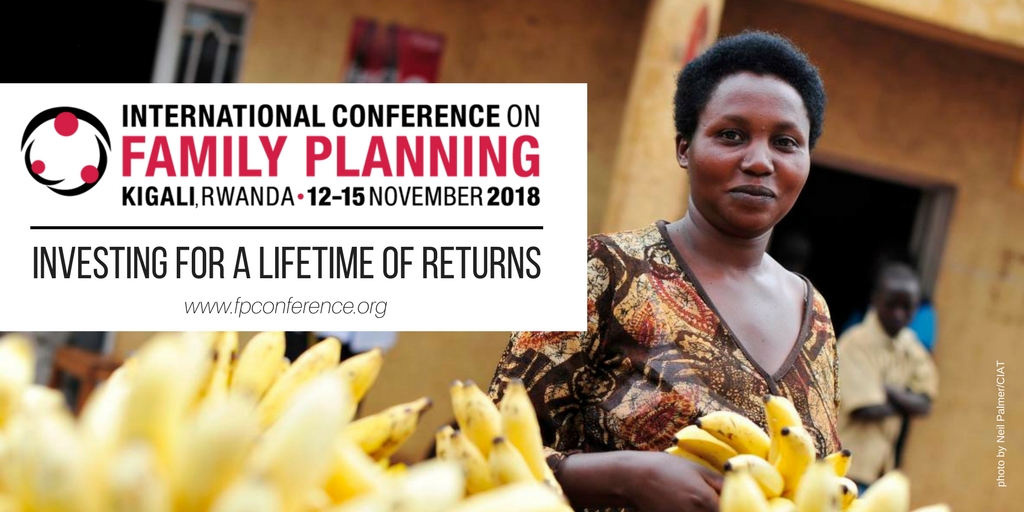
RHM spoke to Mike Mbizvo, Country Director of Zambia for the Population Council and Trustee for RHM about the emerging themes of the conference, the links between sexual and reproductive health and rights (SRHR) and family planning as well as the importance of having a journal, and RHM specifically, participating in these events.
What has been the most engaging part of being at the 2018 International Conference on Family Planning?
“I have attended a number of these conferences, beginning with the first one in Uganda, and really this one is the largest attended conference. What is unique about it is the participation of young people. There are so many young people who are passionate about sexual and reproductive health and rights and they’ve been given a forum.
For instance, today they had to share some of their issues on consent, issues that relate to them and affect them. You know, very often we present issues or studies that we have done with young people, but this time it’s them taking the flag, being in the forefront, and talking about what it means to them in terms of rights, what it means to them in terms of pleasure, what it means to them in terms of social and economic development, what it means to them in terms of sexual orientation. There are very diverse issues of sexual and reproductive health that this type of forum covers. That, really I found very impressive”.
What is the relationship between sexual and reproductive health and rights (SRHR) and family planning?
“The way I look at it, family planning, or even contraception access is a human rights issue. It’s a development issue. People who are sexually active or who want to be sexually active, it’s within their human rights to access a modern method of family planning. So this is where I see the convergence, of where I see the coming together of family planning or access to contraception with achieving or fulfilling human rights, achieving or fulfilling some of the development goals, the SDGs, achieving some of the ratifications that have been made, whether it’s within WHO or other important fora. That interplay is coming together and it’s part of a combination that is necessary. You cannot take one in isolation, accessing family planning has to be within a combination of our commitment to advancing human rights”.
As an RHM trustee, why do you think it is important for Reproductive Health Matters to be at this event?
“I think that what makes Reproductive Health Matters unique and important is that it is a bold message that it tells. It represents at times, voices that have been silenced. Very often, because of the sensitive nature of sexual and reproductive health, these issues are not discussed openly. Neither are the discussions backed up with data. But here you have a combination of information that can be used for advocacy, for policy, for programmes, underpinned by evidence and yet very open. So it’s a progressive message which the journal carries. It’s a journal that’s respected all over.
I actually came across Reproductive Health Matters when I was not yet with WHO, I was actually in Zimbabwe, when I first met the editor at that time. And I followed it since. And I’ve always looked forward to reading the journal. So I’m really pleased to see you displaying and coming up with all these covers, the array of topics which are covered by the journal, that’s really impressive. And in fact, it cuts across the life cycle spectrum, in that it caters for young people, it caters for older people, for the single, for the married, it goes across and openly talks about issues of their rights to dignity, to their rights to sexuality, their rights to sexual and reproductive rights fulfillment within not just issues of either morbidity or ill health but also issues of pleasure and that is what makes this journal important and that’s what makes me enjoy being associated with this journal”.